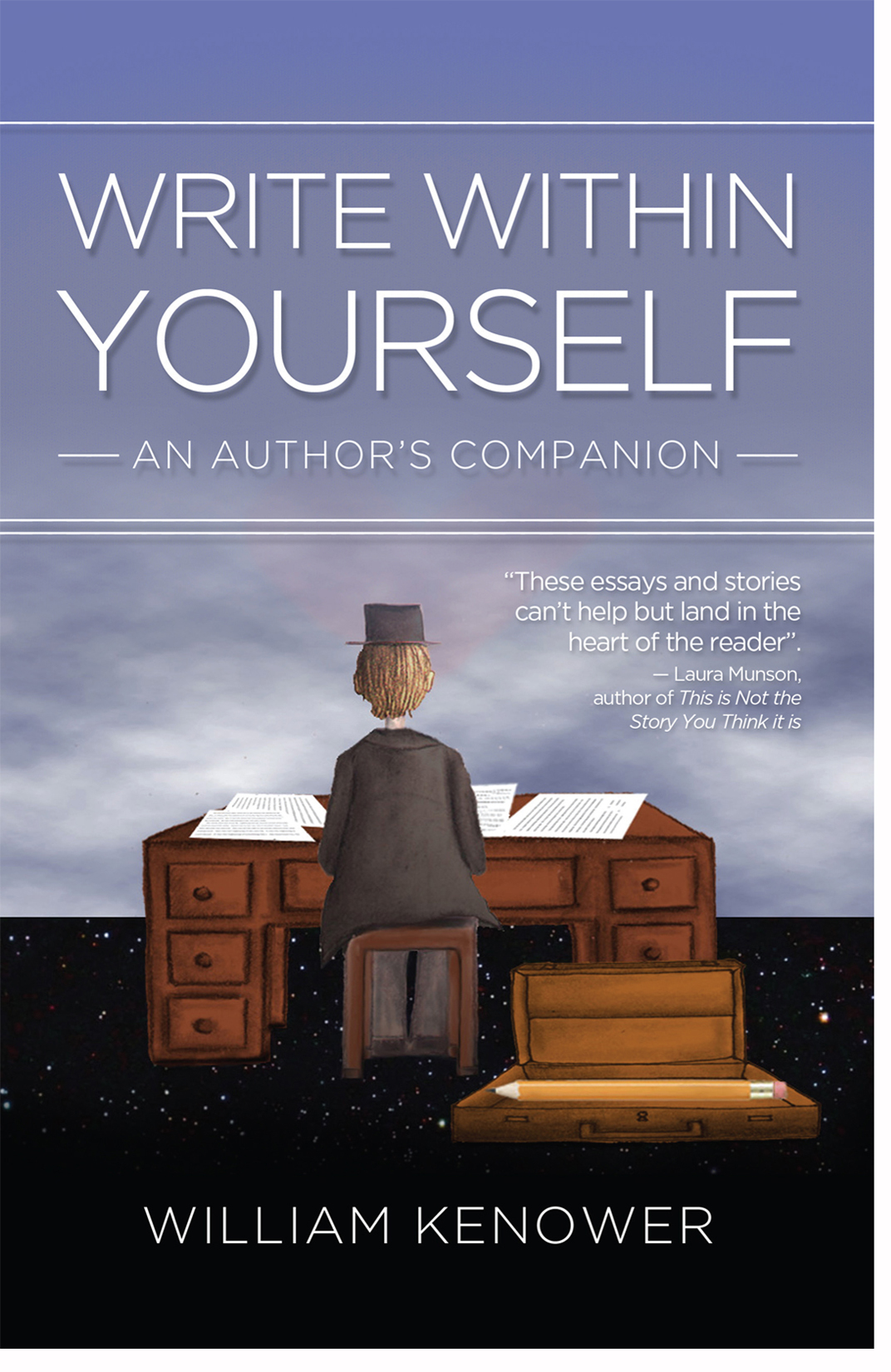Life Ought To Be As It Is
A number of authors I have interviewed, particularly writers of commercial fiction, will in the course of discussing their maturation as writers mention a “first, horrible, autobiographical novel.” One writer described this first effort as the “worst novel ever written by anyone.” I thought nothing of it until I noticed that all these writers would go on to create works set in places, times, or professions (a magical land of wizards and dwarves, the Revolutionary War, international spy) with which they themselves had no personal acquaintance. Most likely those first novels were fantasies. I do not mean the genre. Many of the best fantasy novels are not fantasies, which, to borrow from one of my favorite books, is “the attempt to correct in the mind a problem that does not exist.” And so a man remembers being a shy teenager, and remembers the boys that bullied him and the girls that wouldn’t date him, and writes a first novel in which a boy looking and sounding very much as he had exacts vengeance on his enemies and gets the girl.
The man had perceived a problem where one did not exist. He perceived the bullies as a problem and the girls not dating him as a problem. Within this perception of a problem he felt inadequate and incomplete, quite literally lacking, for if he had been enough the boys would not have bullied him and the girls would have desired him. And yet there was no problem. Everything that occurred with him, with the boys, and with the girls, occurred within the integrity of life. Everything that happened happened because of who he was and who the boys and girls were and where they were and when they were. To correct this is to attempt to correct life itself, and such attempts will always feel disingenuous.
If a writer wishes to write about his own past, he has must do so to remember, which is perhaps the opposite of dismember. He must see as whole what he had seen as broken. Or, he might take a version of himself, one free of the unhappy story he had once told himself in his unhappy past, and place this avatar in some foreign land so as not to be tempted to correct that with which he is too familiar, and call this avatar his hero, for that is what he is. Now this new story feels more real than the stories of what he had really known. And so he might say, “I write about life as it ought to be,” even as he is finally writing about life as it actually is.
Write Within Yourself: An Author's Companion.
"A book to keep nearby whenever your writer's spirit needs feeding." Deb Caletti.
You can find William at: williamkenower.com


